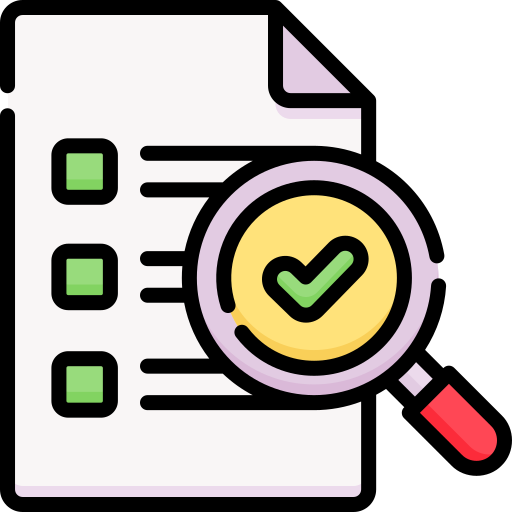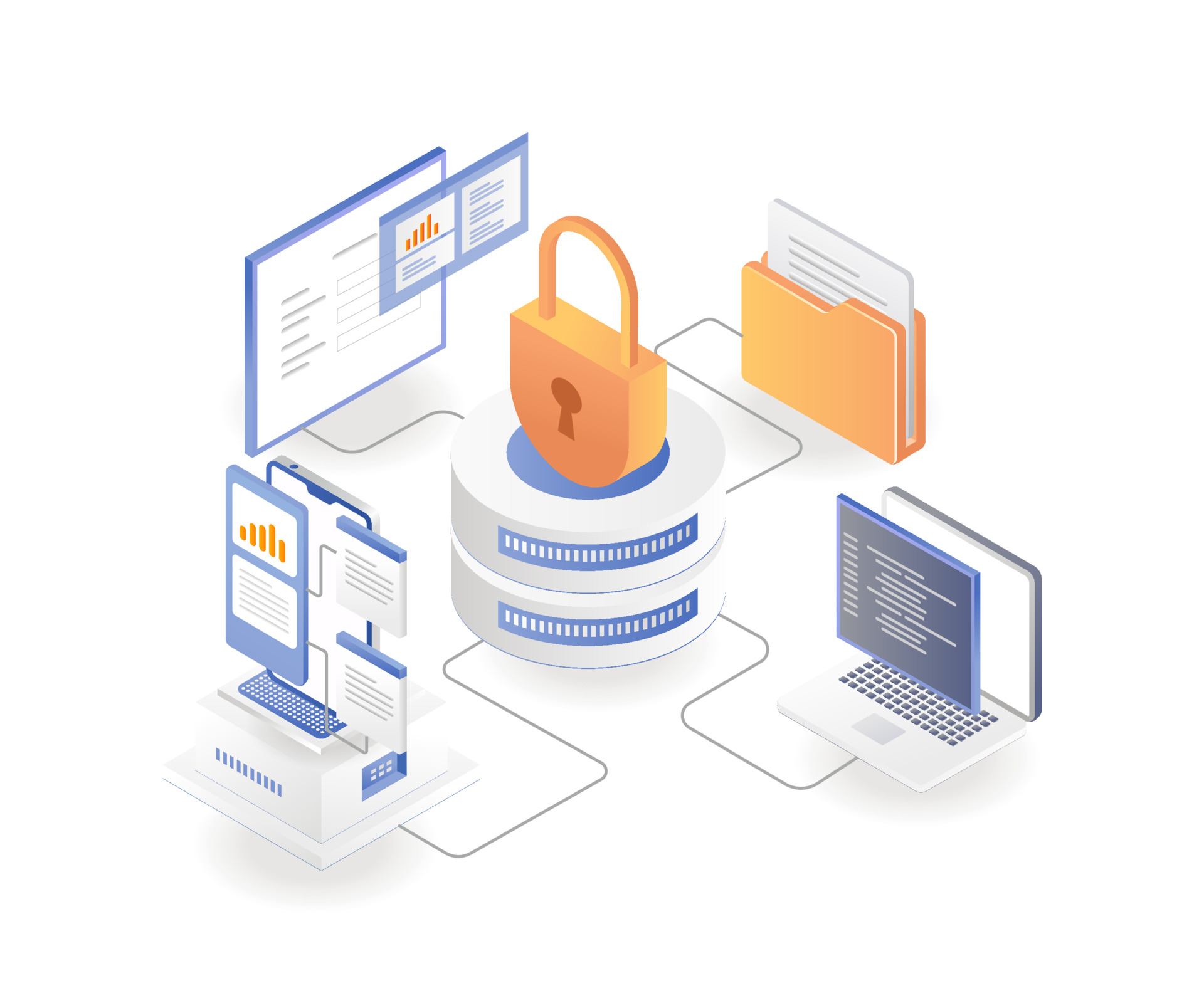Striking the Right Balance in Background Checks: Finding the Optimal Level
Background Checks are a comprehensive process commonly employed by organizations to scrutinize the information provided by candidates during the hiring process. This procedure encompasses various checks, including thoroughly examining educational records, verifying past employment details, confirmation of identity, re-verification, and address verification. Following the successful completion of these checks, candidates proceed to clear multiple rounds of interviews. Typically, this entire process spans 10 working days. However, in cases where an employer seeks more extensive information, the timeline may be extended.
The strength of organizational assets and values is inherently tied to the individuals who uphold them. In this context, the Background Checks process is crucial in ensuring that the influx of talent contributes positively to the organization. However, this vital aspect has often been overlooked by both employees and employers on numerous occasions.
Employee Background Checks: A Comprehensive Overview
Employers strategically employ a combination of these checks to safeguard their hiring process and select candidates who align with the company’s values and standards. Each element contributes to a well-rounded evaluation, facilitating confident and informed hiring decisions.
The duration of an employment background check can vary based on the nature and scope of the information required by the prospective employer. A standard background check is completed within two to four business days. The variability in the timeframe reflects the depth of investigation needed to ensure a comprehensive evaluation of a candidate’s background.
Employers conduct thorough background checks to ensure they make informed hiring decisions. These checks encompass various crucial aspects, each contributing to a comprehensive assessment of a candidate’s suitability for a role.
Previous Employment Verification
Employers verify the accuracy of a candidate’s employment history, contacting previous workplaces to confirm dates of employment and position held. While some companies may provide detailed information, others may only confirm basic employment details.
Criminal Background Checks
This check is essential for positions where awareness of serious criminal activities is crucial, such as violent offenses, sexual offenses, fraud, embezzlement, or other criminal behaviors. It assists employers in making informed decisions regarding a candidate’s suitability for a role.
Education Verification
Ensuring the validity of educational credentials, this verification process confirms the accuracy of certificates, the institution’s name, and the grades attained by the candidate. This step ensures that the educational background provided by the candidate is genuine.
Reference Checks
Reference checks offer insight into a candidate’s work style, performance, and overall suitability for a position. Hiring managers use this opportunity to verify information provided during the interview and application process, gaining a more comprehensive understanding of the candidate’s professional history.
Drug Screening
Certain industries, such as transportation or aviation, mandate periodic drug and alcohol testing. These tests ensure that employees maintain a healthy and clean mindset, promoting a safe and trustworthy work environment.
Social Media Check
Some employers explore public social media accounts to gain additional insights into a candidate’s personality and character. While this can provide valuable information, it’s important to approach it with caution, recognizing potential drawbacks and ensuring the information obtained is verified and relevant to the hiring decision.
Establishing Rules for the Game: Navigating the Landscape of Background Checks
While an increasing number of companies are embracing Background Checks, a significant proportion remains unaware of the essential best practices governing these checks. Unfortunately, this lack of awareness sometimes results in inadvertent violations of common data protection laws, with organizations Often needing to be made aware of their non-compliance.
Compounding this issue is the absence of clear legal frameworks in India, unlike in the West, dictating the scope and boundaries of background checks unless expressly demanded by specific situations. For instance, the Reserve Bank of India (RBI) mandates background checks for personnel recruited from other banks serving as dealers. Additionally, Indian companies holding ISO 27001 certification are obligated to conduct Background Checks checks on potential hires. Furthermore, firms based in the United States that outsource work to India adhere to strict rules governing these checks.
The current imperative is the establishment of robust legislation governing Background Checks in India. Such legislation is essential to safeguard the interests of both parties involved—the employee and the employer. As we navigate this evolving landscape, a comprehensive legal framework will not only foster compliance but also contribute to the ethical and secure execution of Background Check processes.
Whose Privacy is More at Risk? Uncovering Privacy Issues at Work
Breaking someone’s privacy rules happens everywhere, no matter the job or level in a company. But guess what? People in high-up jobs, the ones in offices, face a bigger risk of having their private stuff checked without them knowing.
Why does this happen? Well, some companies might think it’s not cool to do thorough checks on these senior folks in their careers. So, they end up looking at their education and work records without asking first. But here’s the thing – the law says companies must get permission before digging into anyone’s background, no matter how high up they are. Getting permission is important to keep things fair and respect everyone’s privacy.
What to Look for in Background Checks: Ensuring Accuracy and Legal Compliance
The primary goal of Background Checks is to confirm that a candidate hasn’t provided incorrect details about their identity, education, job experience, and other essential factors that led to their consideration for a particular role. Additionally, checking a person’s criminal history is crucial to meet the legal requirements of the job.
To achieve these goals, the Digital India movement has streamlined the process, making it easier for organizations to access necessary information. Government bodies and data repositories like the National Skills Registry, the Retail Association of India, and the UIDAI are collaborating to simplify the background check process. This collaboration aims to consolidate all relevant information in one accessible place for employers.
Another commendable initiative is the National Academic Depository, which is actively working to build a database. In the future, this database could serve as a central point for verifying academic credentials, enhancing the efficiency and reliability of Background Check processes.
Navigating Personal Boundaries in the Social Media Age
Social media has broken barriers of time and distance, becoming a powerful force in our lives. In India alone, platforms like LinkedIn boast over 10 million users, Facebook registers 34.6 million active users, and Twitter boasts 16 million users. For employers, these platforms serve as significant channels to gather more information about potential hires. However, a word of caution is warranted – how much is too much?
Employers need to tread carefully when using social media as a source of information. The data collected through these channels is often personal and subject to interpretation. It’s neither wise nor fair to form opinions about a potential hire solely based on their views and opinions shared on public forums. The prudent approach is to engage a reliable Background Checks vendor, thoroughly examining legally obtained documents to make informed decisions.
While social media can play a role in hiring, it’s crucial to recognize its limitations. It should not be the sole method for validating hiring decisions. Balancing the benefits and potential pitfalls of social media insights ensures a fair and unbiased approach to evaluating potential hires.
Frequently Asked Questions (FAQs) on Background Checks
What is Background Checks, and why is it important?
Background Checks are a process where organizations review information provided by candidates during the hiring process. It includes checks on education, employment history, criminal records, and more. It’s crucial for ensuring the accuracy of candidate details and making informed hiring decisions.
What checks are typically included in a Background Checks process?
Common checks involve verification of previous employment, criminal background, education credentials, reference checks, and, in some cases, drug screening. The extent of checks may vary based on the nature of the job and company policies.
How long does a Background Check process take?
The duration can vary, but on average, it takes two to four business days for a standard employment background check. However, more in-depth investigations may extend the timeline.
Are there specific laws governing background checks in India?
While there are no comprehensive laws governing background checks in India, specific industries and certifications may mandate certain checks. For instance, the RBI mandates background checks for personnel recruited from other banks.
What should employers look for in a background check?
Employers should focus on verifying identity, educational credentials, job experience, and criminal history relevant to the job’s requirements. It’s essential to strike a balance and respect the privacy of the candidate.
Can social media be used for Background Checks?
Yes, social media can provide additional insights, but employers should exercise caution. Forming opinions solely based on public posts may be unfair. It’s advisable to use a reliable Background Checks vendor for a comprehensive and legally sound assessment.
Is it legal to conduct background checks without the candidate's consent?
No, it is not legal. The law mandates organizations to obtain consent from candidates before initiating any Background Checks process. Respecting the candidate’s privacy and obtaining consent is crucial for legal compliance.
How can I ensure a fair and unbiased Background check process?
Engage a reputable Background Checks Vendor Like Vinmaya, follow legal guidelines, and avoid making decisions solely based on social media. Consider all legally obtained documents and maintain transparency with candidates throughout the process.













